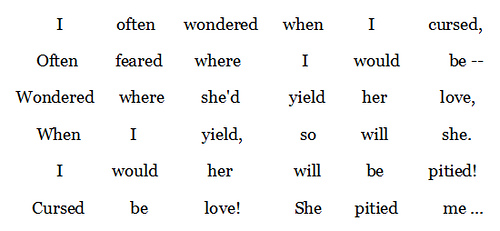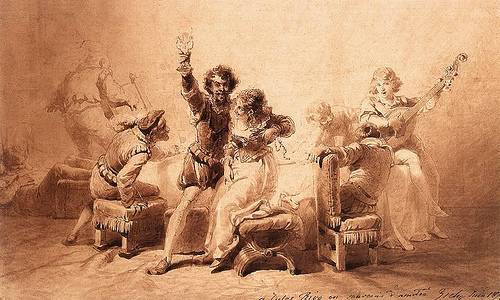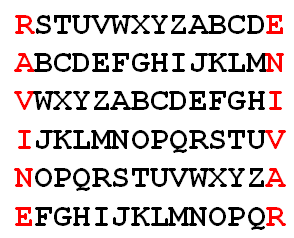Sneezes around the world:
- France: Atchoum!
- Finland: Atsiuh!
- Iceland: Atsjú!
- Sweden: Atjo!
- India: Akchhee!
- Denmark: Atju!
- Netherlands: Hatsjoe!
- Lithuania: Apchi!
- Germany: Hatschie!
- Hungary: Hapci!
- Poland: Apsik!
- Russia: Apchkhi!
- Italy: Etciù!
- Spain: ¡Achís!
- Portugal: Atchim!
- Romania: Hapciu!
- Philippines: Hatsing!
- Japan: Hakushon!
- South Korea: Achee!
- Vietnam: Hát-xì!
See also “Lides to Bary Jade.”



